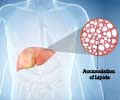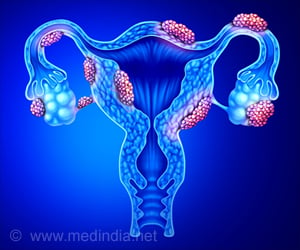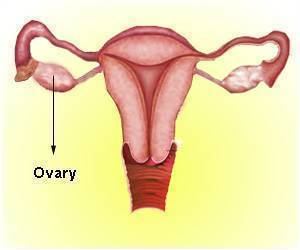By assessing alterations in lipids within their blood, researchers can categorize women based on their susceptibility to developing preeclampsia.

Bioactive lipid mediators in plasma are predictors of preeclampsia irrespective of aspirin therapy
Go to source). Preeclampsia is a serious disorder characterized by high blood pressure and kidney dysfunction which can result in premature delivery, seizures and even death. Complications from the condition are the second-leading cause of maternal death around the world. Further, the approach worked regardless of whether the women were on aspirin therapy, which is commonly prescribed to women thought to be at risk.
‘The study observed variations in "bioactive lipids" within the blood of women who experienced preeclampsia compared to those who did not. #pregnancybloodpressure #hypertensionpregnantwomen ’





“Clinicians have been seeking simple tests to predict risk of preeclampsia before symptoms appear. Although alterations in some blood lipid levels have been known to occur in preeclampsia, they have not been endorsed as useful biomarkers. Our study presents the first comprehensive analysis of lipid species, yielding a distinctive profile associated with the development of preeclampsia,” said Chalfant, of the School of Medicine’s Division of Hematology and Oncology and the Department of Cell Biology. “The lipid ‘signature’ we described could significantly improve the ability to identify patients needing preventative treatment, like aspirin, or more careful monitoring for early signs of disease so that treatment could be initiated in a timely fashion.”
Understanding Preeclampsia
Preeclampsia affects up to 7% of all pregnancies (2✔ ✔Trusted SourceRisk factors and effective management of preeclampsia
Go to source). Symptoms typically appear after 20 weeks and include high blood pressure, kidney problems and abnormalties in blood clotting. The condition is associated with dangerous complications such as kidney and liver dysfunction and seizures, as well as a lifelong increased risk of heart disease for the mothers. An estimated 70,000 women around the world die from preeclampsia and its complications each year.
Doctors commonly recommend low-dose aspirin for at-risk women, but it works for only about half of patients, and it needs to be started within the first 16 weeks of pregnancy – well before symptoms appear. That makes it all the more important to identify women at risk early on, and to better understand preeclampsia in general.
Lipid Test Unveils the Risk of Preeclampsia
Chalfant and his team wanted to find “biomarkers” – biological indicators – in the blood of pregnant women that could reveal their risk of developing preeclampsia. They examined blood plasma samples collected from 57 women in their first 24 weeks of pregnancy, then looked at whether the women went on to develop preeclampsia.The changes represent an important “lipid fingerprint,” the scientists say, that could be a useful tool for identifying, preventing and better treating preeclampsia.
“The application of our comprehensive lipid profiling method to routine obstetrical care could significantly reduce maternal and neonatal morbidity and mortality,” Chalfant said. “It represents an example of how personalized medicine could address a significant public health challenge.”
References:
- Bioactive lipid mediators in plasma are predictors of preeclampsia irrespective of aspirin therapy - (https://www.jlr.org/article/S0022-2275(23)00050-0/fulltext)
- Risk factors and effective management of preeclampsia - (https://www.ncbi.nlm.nih.gov/pmc/articles/PMC4354613)















